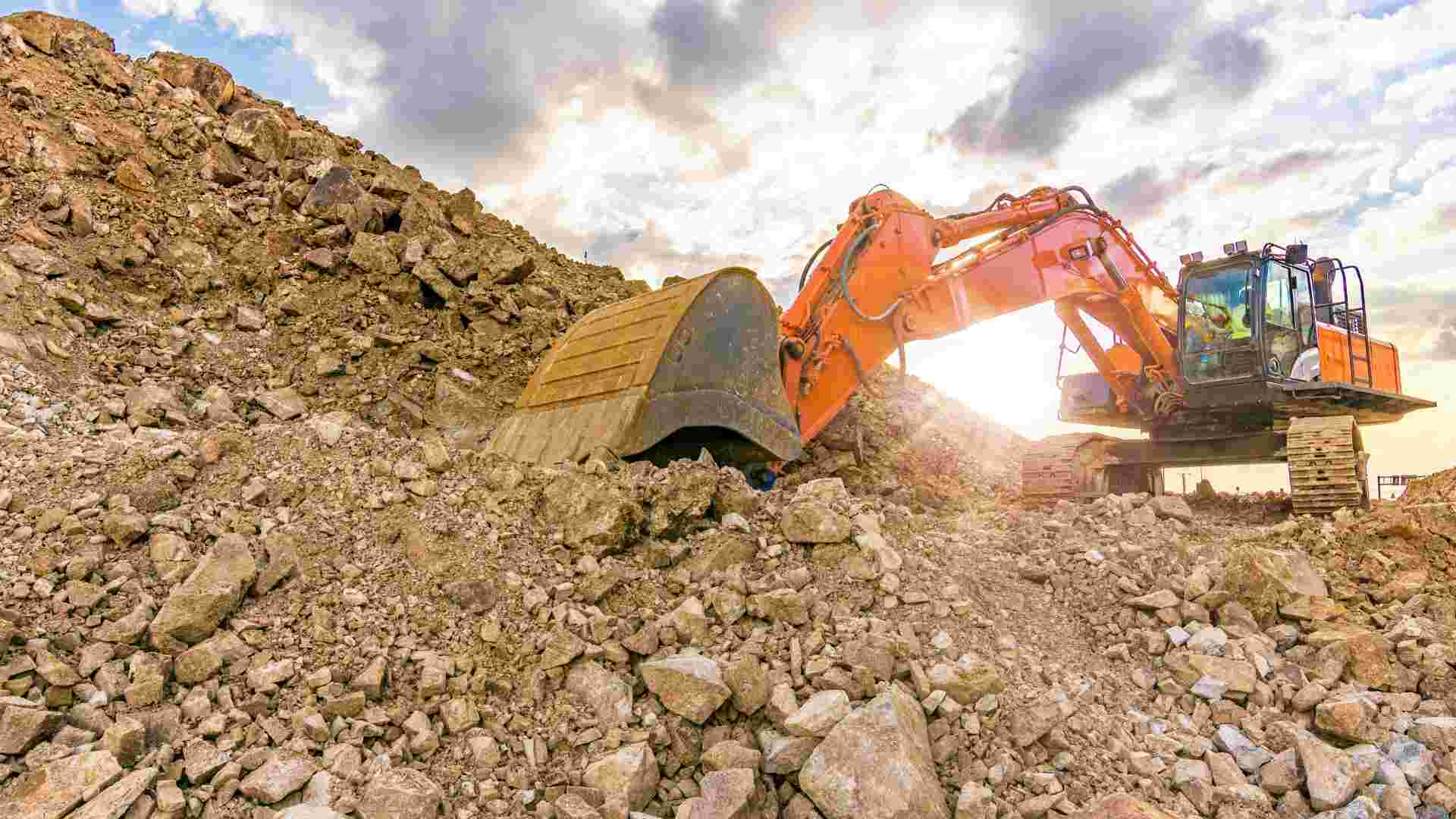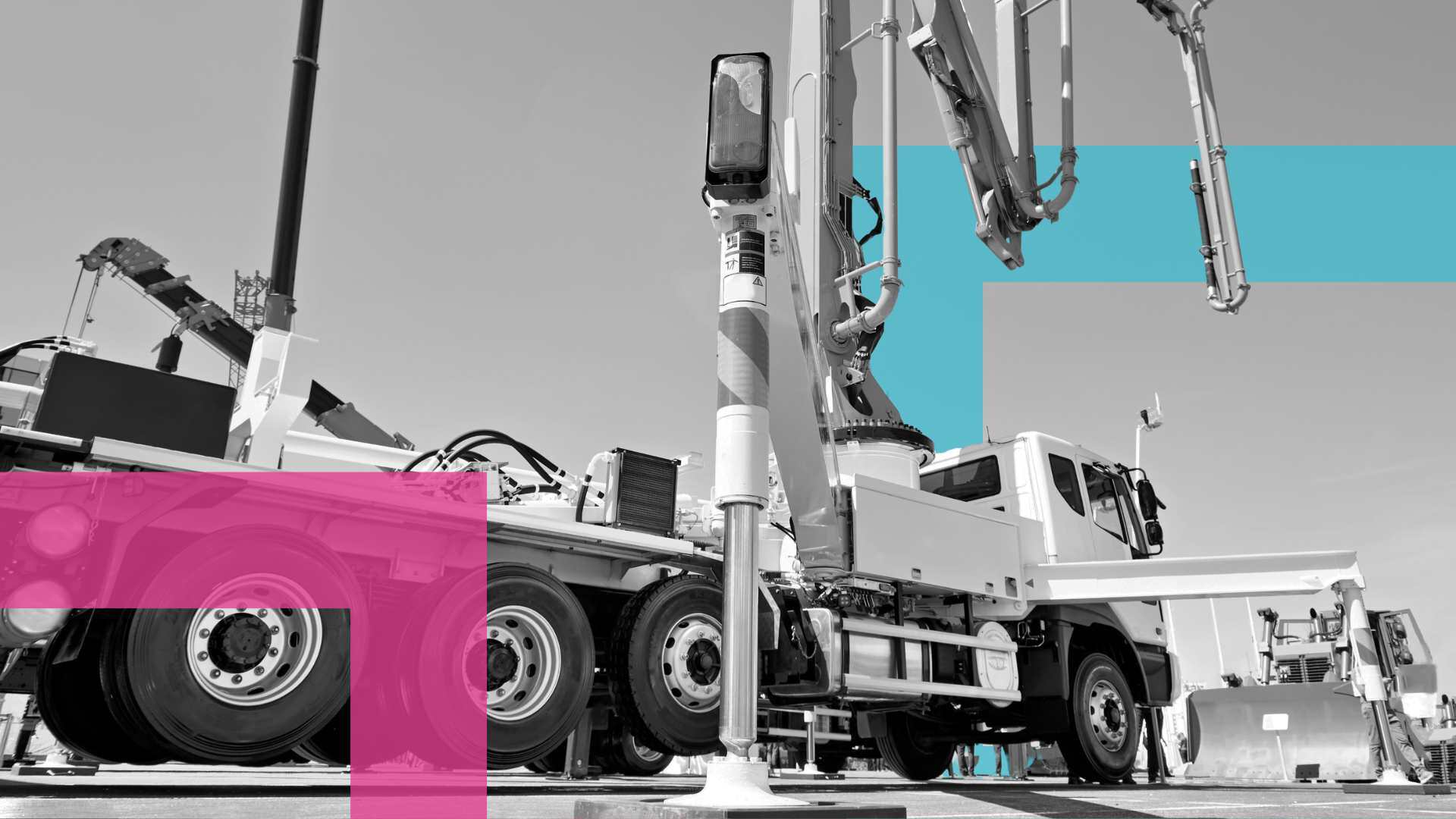Pre Start Plus rebranded to Ideagen Asset Guard
Ideagen Plant Assessor is pleased to announce the rebrand of its flagship pre-start app, Pre Start Plus, to Asset Guard. This rebrand aligns with...
|
|
Machinery Pre Starts
|
|
|
Risk Management &
|
|
|
Document Management
|
|
|
Dashboards & Reporting
|
|
|
Machinery Risk Assessments
|
|
|
Service & Maintenance
|
|
|
Safe Operating Procedures
|
|
|
MySite
|
|
|
View All Features |
Case Studies
Hear from our clients
Events
Find us at industry events
Guides
Find industry-specific guides
Learn
Educational content
News & Articles
Industry news and articles
Safety Legislation
We keep up with safety legislation
so you don't have to
Videos
Find overviews and informative
videos here
Webinars
View upcoming and on-demand webinars
Promotions
See our current promotions
FAQ
All of our frequently asked questions
Help Centre
How to use our software
View a Demo
Let us walk you through Ideagen Plant Assessor features
Release Centre
Product updates and release information
3 min read
![]() Matt Ireland
:
Updated on January 24, 2025
Matt Ireland
:
Updated on January 24, 2025

We all know the safe operation of machinery is paramount in ensuring the wellbeing of workers and the general public.
Regulatory bodies across Australia have established machinery codes of practice to aid in this. These codes serve as guidelines, outlining the safety information businesses require to safely operate machinery across various industries. In this article, we delve into exactly what machinery codes of practice are, what they cover and why you should follow them.
Machinery codes of practice are a set of guidelines designed to promote safety and prevent incidents in workplaces where machinery is operated. These codes of practice are created by regulatory authorities such as Safe Work Australia and other state-based organisations with the objective of providing a standardised framework to help ensure the safe use, maintenance and management of machinery across a variety of industries.
Machinery codes of practice cover many aspects ranging from the installation and operation of machinery, recommended maintenance to emergency procedures. These guidelines mostly focus on reducing risks and hazards and are often tailored to the many specific areas relating to machinery including:
Codes of practice are issued to highlight the risks and hazards that may be present in industries or sectors, particularly those that may be of high risk. Some of these areas include construction or demolition.
The guidelines in a code of practice emphasise the importance of conducting thorough risk assessments before operating machinery and reassessing regularly throughout its lifespan. This involves identifying potential hazards on the machine, determining the likelihood of an incident occurring and implementing controls to mitigate the risk.
Codes of practice outline the procedures that should be followed in order to safely operate machinery and ensure operators are aware of the potential hazards. This may include the correct use of controls, emergency stop mechanisms and personal protective equipment (PPE) that should be worn.
Machinery codes of practice outline maintenance schedules and inspection procedures that should be carried out on your equipment. This can aid in ensuring a machine’s reliability and safety and reduce the potential for incidents or breakdowns.
Adequate training for operators is a key focus of machinery codes of practice. These guidelines specify the skills and competencies required by those operating specific types of machinery.
Codes of practice outline emergency response procedures such as first aid protocols, evacuation plans and communication strategies. This will aid in ensuring a prompt and effective response should there be a machinery related incident on your site.
The authorities that release machinery codes of practice usually provide access to these documents on their websites. We’ve listed and linked the relevant ones below.
Adhering to machinery codes of practice is a fundamental component of fostering a safe and productive work environment. Protecting people is their primary purpose however, there are a number of other good reasons to follow codes of practice for machinery including:
Codes of practice provide great guidelines on how you can comply with key components of the legislation and regulations. Should you be found in breach of these, you may be hit with harsh penalties such as fines and imprisonment.
Implementing recommended practices enhances the efficiency and reliability of your machinery. Regular maintenance, proper operation and adherence to safety protocols as outlined in the codes of practice can contribute to the longevity and optimal performance of equipment.
Businesses that prioritise safety and adhere to machinery codes of practice help to build a positive reputation within their industry and community. Customers and partners are more likely to trust and engage with organisations that adhere to codes of practice, and consequently prioritise the wellbeing of their workforce.
Prevention is often less costly than incidents involving machinery. Following codes of practice can help businesses reduce the risk of financial burdens associated with incidents such as medical expenses, legal fees and compensation claims.
The Plant Assessor has a team dedicated to helping you understand the machinery codes of practice and how to comply with them. If you’d like further information, simply contact us on 1300 728 852 or email info@assessor.com.au.
Disclaimer: This information is intended to provide general information on the subject matter. This is not intended as legal or expert advice for your specific situation. You should seek professional advice before acting or relying on the content of this information.

Ideagen Plant Assessor is pleased to announce the rebrand of its flagship pre-start app, Pre Start Plus, to Asset Guard. This rebrand aligns with...
.png)
Many businesses operating machinery still rely on traditional paper pre start books for daily machinery checks. While these booklets serve their...

A concrete company based in Melbourne has been convicted and fined $30,000 after an incident involving a concrete pump resulted in a worker’s hand...